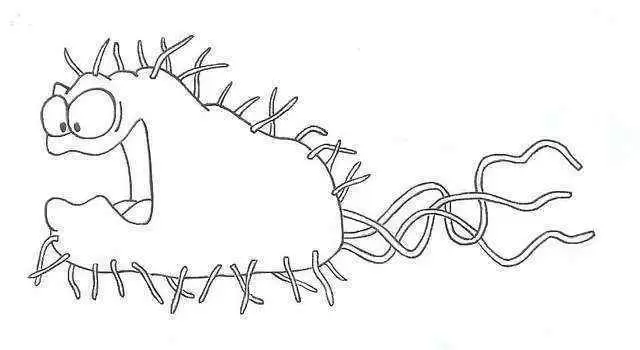Celiac.com 11/02/2007 - Researchers at the University of Chicago using vitamin D receptor "knockout" mice demonstrated vitamin D may have a key role in maintaining the intestinal mucosal barrier and the integrity of tight junctions. The "knockout" mice were genetically altered to produce mice lacking vitamin D receptors normally expressed by cells in most body tissues. A dextran sulfate sodium solution was used to induce colitis in both normal control mice and "knockout" mice. Normal mice resisted intestinal mucosal injury from the dextran sulfate sodium solution, but "knockout" mice "developed severe diarrhea, rectal bleeding and marked body weight loss, leading to death in 2 weeks" and displayed severe colonic ulceration, impaired wound-healing, and tight junction disruption. Additional study in cell cultures found vitamin D markedly enhanced and preserved tight junction integrity in the presence of dextran sulfate sodium and also stimulated epithelial healing. The study concluded vitamin D deficiency may compromise the mucosal barrier, increasing susceptibility to mucosal damage and the risk of bowel disorders.
It is possible a vitamin D deficiency early in life could be a factor in triggering the onset of celiac disease as well as slowing the recovery of the mucosa after celiac disease is diagnosed and treated. Reduced sun exposure due to modern changing life styles might account for an increasing incidence celiac disease and other autoimmune disorders. Vitamin D deficiency at the time gluten is introduced into an infant's diet could also play a role in celiac disease onset. A previous study performed in Sweden found babies born in summer more susceptible to celiac disease than babies born in winter. If gluten is first introduced to babies some 6 months after birth, seasonal variation of vitamin D levels might account for the difference, i.e. summer-born babies would receive their first gluten in midwinter when sun exposure is minimal. Since breastfed babies obtain vitamin D from mother's milk, nursing mothers need to be sure to maintain high vitamin D levels during winter months.
Celiac.com Sponsor (A12):
A study just released by the National Cancer Institute examined the relationship between serum 25(OH)D levels and total cancer mortality in 16818 participants and concluded "results do not support an association between 25(OH)D and total cancer mortality." However, the study did find "colorectal cancer mortality was inversely related to serum 25(OH)D level, with levels 80 nmol/L or higher associated with a 72% risk reduction compared with lower than 50 nmol/L." The fact that vitamin D appears to lower colon cancer mortality risk is consistant with the preservation role vitamin D appears to play in maintaining the intestinal mucosal barrier. Note that this study does not consider whether receiving daily doses of vitamin D supplements much higher than current recommendations would provide a cancer risk benefit.
---------
Am J Physiol Gastrointest Liver Physiol. 2007 Oct 25.
Novel Role of the Vitamin D Receptor in Maintaining the Integrity of the Intestinal Mucosal Barrier.
Kong J, Zhang Z, Musch MW, Ning G, Sun J, Hart J, Bissonnette M, Li YC.
Medicine, The University of Chicago, Chicago, Illinois, United States; Chicago, Illinois, United States.
Open Original Shared Link .
----------
J Epidemiol Community Health. 2003 Jan;57(1):36-9.
Children born in the summer have increased risk for coeliac disease.
Ivarsson A, Hernell O, Nystrom L, Persson LA.
Department of Public Health and Clinical Medicine, Epidemiology, Umea University, Umea, Sweden.
Open Original Shared Link .
----------
J Natl Cancer Inst. 2007 Oct 30.
Prospective Study of Serum Vitamin D and Cancer Mortality in the United States.
D. Michal Freedman, Anne C. Looker, Shih-Chen Chang, Barry I. Graubard.
Division of Cancer Epidemiology and Genetics, National Cancer Institute, National Institutes of Health, Department of Health and Human Services, Bethesda, MD; National Center for Health Statistics, Centers for Disease Control and Prevention, Hyattsville, MD.
Open Original Shared Link .








Recommended Comments